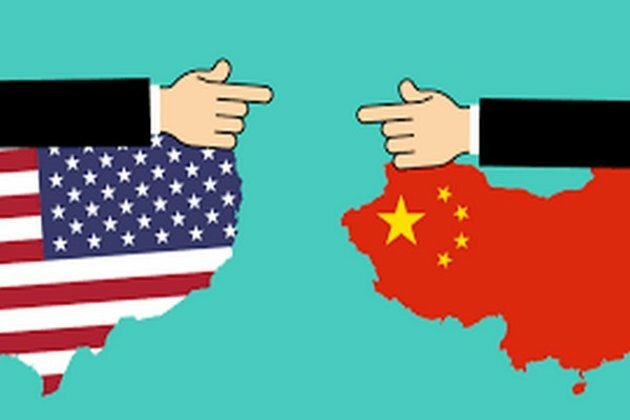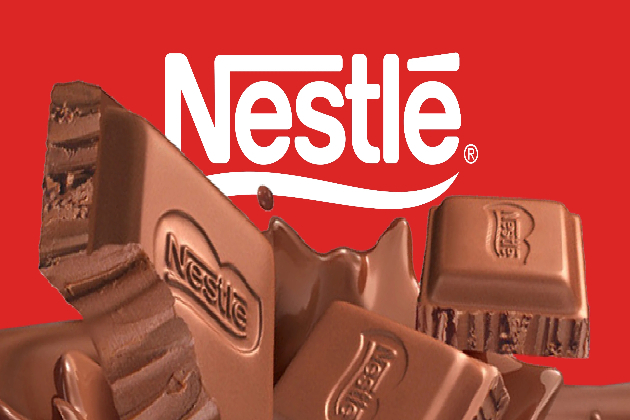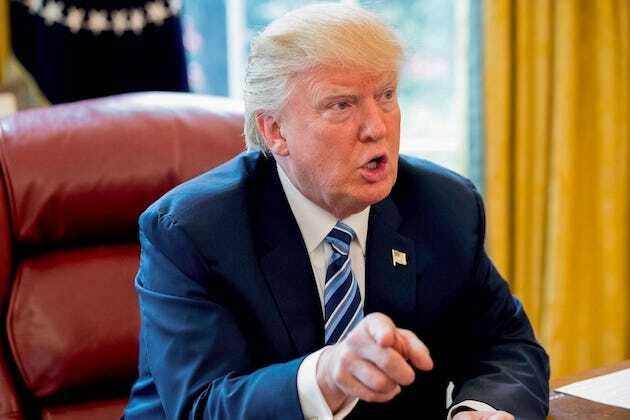American brands cancel China's Xinjiang cotton
ANI
24 Feb 2021, 12:07 GMT+10

Washington [US], February 24 (ANI): The US ban on China's Xinjiang cotton yarn makers over the inhuman treatment meted out to Uyghurs is now impacting the economic growth of its cotton companies.
Last month, Chinese cotton yarn maker Huafu Fashion sent a warning to investors. "Multiple American brands have canceled orders," Huafu said in a Shenzhen stock exchange filing, citing US sanctions. "It's brought negative effects to the company," reported The Washington Post.
Huafu -- which said it lost at least USD 54.3 million last year vs. a net profit of USD 62.5 million in 2019 -- is one of the few suppliers to publicly acknowledge the sanctions' effects, reported The Washington Post.
Thousands of companies worldwide are affected after the United States blacklisted 87 per cent of China's cotton crop -- one-fifth of the world's supply -- citing human rights violations against Muslim Uyghurs in China's northwest Xinjiang region.
The US sanctions were prompted by the Chinese government's harsh re-education campaign against Uyghurs, a Turkic ethnic minority. Some Uyghurs detained in internment camps in Xinjiang in recent years have said they were tortured and forced to work in textile factories as a condition of release.
The United States began isolated sanctions last year on Xinjiang textile makers, including Huafu, which didn't respond to a request for comment. On January 13, CBP announced a blanket ban on all Xinjiang cotton.
"Companies can no longer claim ignorance as an excuse," CBP said in a statement to The Post. "CBP's message to the trade community is clear: Know your supply chains."Cotton picked in Xinjiang winds up in garments cut and sewn across Asia, from Bangladesh to Vietnam, textile industry executives say. The US ban applies to products "made in whole or in part" with Xinjiang cotton, "regardless of where the downstream products are produced," said US Customs and Border Protection (CBP).
Justin Huang, president of the Taiwan Textile Federation, said Taiwanese textile manufacturers received notices in September from Western brands to confirm their cotton sources. He said brands no longer wanted Chinese cotton, since it was difficult to confirm from which region of China it originated, reported The Washington Post.
"US manufacturers are very sensitive," he said, "so before the announcement, US traders had already begun to shift their production lines."Patagonia announced in July it was "actively exiting the Xinjiang region," and said it told suppliers that Xinjiang fiber and manufacturing was prohibited.
Gap, which encompasses the Old Navy and Banana Republic brands, said it has prohibited suppliers from sourcing products, components or materials from Xinjiang, directly or indirectly.
Ikea said it "stopped all shipments" to the United States containing Xinjiang cotton after the CBP ban. Ikea and HM both said their suppliers have stopped new cotton purchases from Xinjiang because of the Better Cotton Initiative's decision last year to discontinue licensing cotton from the region.
Nike said it has confirmed its suppliers were not using textiles or spun yarn from Xinjiang and that it was communicating the new requirements to them.
One of the rare reports of a factory shift directly attributed to the sanctions came in October from the Vietnam Investment Review, a periodical run under Vietnam's Ministry of Planning and Investment.
It said that Hong Kong-headquartered yarn giant Texhong, which has a Xinjiang subsidiary, was shifting some production to Vietnam because of the US sanctions, reported The Washington Post.
Moreover, there is growing interest in chemical-tracing technologies to determine cotton origin, though they are not yet in widespread use. Tracing company Oritain is working with a "large number of brands" on gauging their supply chain risk from Xinjiang cotton, chief executive Grant Cochrane said.
Hibbie Barrier, a cotton broker at Avondale Futures in Nashville, said the ban may have contributed to rising demand for US cotton in recent months, and a bump in global cotton prices, from 81 cents a pound in mid-January to over 90 cents a pound last week. (ANI) Share
Share
 Tweet
Tweet
 Share
Share
 Flip
Flip
 Email
Email
Watch latest videos
Subscribe and Follow
Get a daily dose of Dublin News news through our daily email, its complimentary and keeps you fully up to date with world and business news as well.
News RELEASES
Publish news of your business, community or sports group, personnel appointments, major event and more by submitting a news release to Dublin News.
More InformationBusiness
SectionBuilder discounts drive sales spike, but housing outlook wary
WASHINGTON, D.C.: New single-family home sales in the U.S. rose sharply in April to their highest level in over three years as builders...
CEO says health push weakened Nestle, vows return to F&B roots
VEVEY, Switzerland: Nestle is realigning its focus on its core food and beverage operations after expanding into areas like health...
Ford sues California law firms over alleged Lemon Law fee fraud
DEARBORN, Michigan: Ford Motor Company has filed a lawsuit against several California lawyers and law firms, accusing them of cheating...
US drug launch prices double in four years, Reuters finds
BRUSSELS, Belgium: U.S. drugmakers are charging significantly more for new treatments, particularly those targeting rare diseases,...
Allegations of secret nursing home deals shake UnitedHealth
MINNETONKA, Minnesota: UnitedHealth shares took a sharp hit this week, after a report by the UK's Guardian alleged the healthcare giant...
Trump-backed $1.5 billion golf project breaks ground near Hanoi
HUNG YEN, Vietnam: A new US$1.5 billion luxury golf and residential project backed by the Trump Organization officially broke ground...
Europe
SectionEU probes Visa, Mastercard fees amid antitrust scrutiny
BRUSSELS, Belgium: European Union antitrust regulators are examining fees imposed by payment giants Visa and Mastercard, Bloomberg...
Hundreds of children may be recalled after Dublin hip surgery audit
DUBLIN, Ireland: Nearly 500 children who had hip surgery at two Dublin hospitals between 2021 and 2023 may need to be recalled for...
US drug launch prices double in four years, Reuters finds
BRUSSELS, Belgium: U.S. drugmakers are charging significantly more for new treatments, particularly those targeting rare diseases,...
Trump re-ignites trade war, targets Europe in extraordinary attack
WASHINGTON, DC - U.S. President Donald Trump re-ignited his trade war on Friday with an extraordinary attack on the European Union...
Ireland urged to boost tech sector amid job decline
DUBLIN, Ireland: The number of people employed in social media companies in Ireland has dropped by 11 percent since 2022, according...
India most important partner for EU, Pahalgam terror attack "totally not acceptable": National Council of Slovenia President Marko Lotric
Ljubljana [Slovenia], May 27 (ANI): Stating India is not just the 'second largest partner' for Slovenia in Asia but also 'the most...












